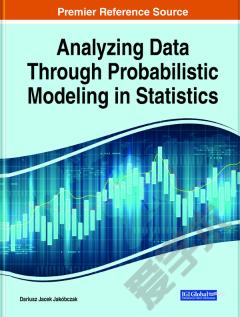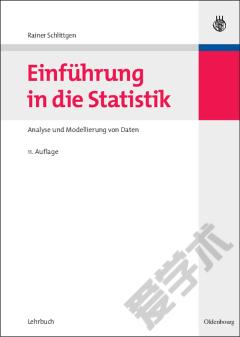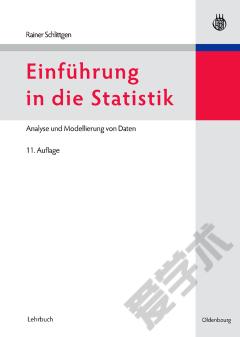Analyzing Data Through Probabilistic Modeling in Statistics
Probabilistic modeling represents a subject arising in many branches of mathematics, economics, and computer science. Such modeling connects pure mathematics with applied sciences. Similarly, data analyzing and statistics are situated on the border between pure mathematics and applied sciences. Therefore, when probabilistic modeling meets statistics, it is a very interesting occasion that has gained much research recently. With the increase of these technologies in life and work, it has become somewhat essential in the workplace to have planning, timetabling, scheduling, decision making, optimization, simulation, data analysis, and risk analysis and process modeling. However, there are still many difficulties and challenges that arrive in these sectors during the process of planning or decision making. There continues to be the need for more research on the impact of such probabilistic modeling with other approaches. Analyzing Data Through Probabilistic Modeling in Statistics is an essential reference source that builds on the available literature in the field of probabilistic modeling, statistics, operational research, planning and scheduling, data extrapolation in decision making, probabilistic interpolation and extrapolation in simulation, stochastic processes, and decision analysis. This text will provide the resources necessary for economics and management sciences and for mathematics and computer sciences. This book is ideal for interested technology developers, decision makers, mathematicians, statisticians and practitioners, stakeholders, researchers, academicians, and students looking to further their research exposure to pertinent topics in operations research and probabilistic modeling.
{{comment.content}}








 京公网安备 11010802027623号
京公网安备 11010802027623号